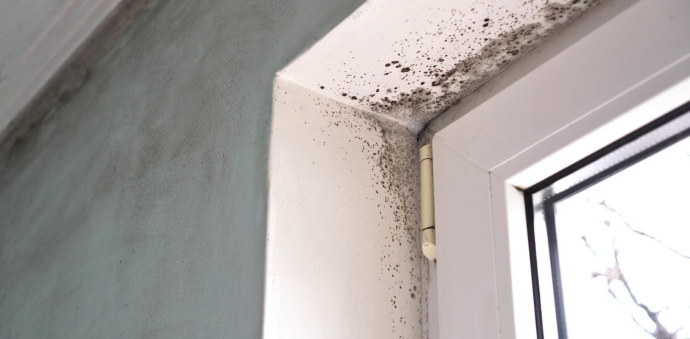What If My Landlord Refuses to Fix Mold in North Carolina? Your Tenant Rights and Next Steps
Discovering mold in your rental home can be alarming, especially when it affects your health or safety. If your landlord refuses to address or fix mold problems in North Carolina, it’s natural to feel frustrated and uncertain about what to do next.
This post discusses your legal rights as a tenant when facing mold issues, your landlord's responsibilities under North Carolina law, and practical steps to protect yourself and your home.
Understanding Landlord Responsibilities Regarding Mold in North Carolina
While North Carolina does not have a specific law requiring landlords to remediate mold by name, landlords are legally obligated to maintain rental properties in a safe, habitable condition. This includes fixing plumbing leaks, water damage, flooding, or other issues that cause or contribute to mold growth. These responsibilities are covered under N.C. Gen. Stat. § 42-42.
If the mold results from landlord neglect, such as failure to repair leaks or maintain ventilation, your landlord must promptly address and fix the problem. Ignoring mold can lead to health risks like allergic reactions, asthma attacks, respiratory infections, or more serious toxic effects. The Environmental Protection Agency (EPA) provides resources on mold and its health impacts.
Your Rights as a Tenant Facing Mold Issues
- Right to Written Notice and Prompt Repair: You should provide your landlord with a written notice describing the mold problem and request repairs or remediation.
- Right to Safe and Habitable Housing: If your landlord neglects mold cleanup or problem repairs within a reasonable timeframe, you may be entitled to enforce your rights.
- Right to Withhold Rent or Terminate Lease: North Carolina tenants can withhold rent or break their lease without penalty if serious mold problems make the rental uninhabitable and the landlord fails to act after proper notice. However, tenants should be aware that North Carolina generally does not allow unilateral rent withholding without a court order, as discussed in Is It Legal to Withhold Rent in North Carolina? What Tenants Need to Know.
- Right to File Complaints: You may report the issue to local housing or health authorities, who can inspect the property and compel the landlord to act.
- Right to Legal Action: Tenants harmed by mold can pursue legal claims to recover damages, including costs for mold remediation, damaged belongings, or health impacts. For information on small claims court, refer to How to Sue Your Landlord in Small Claims Court in North Carolina: A Tenant’s Step-by-Step Guide.
What to Do If Your Landlord Refuses to Fix Mold
- Document the Problem: Take clear photos or videos of mold growth and any related water damage. Keep records of health symptoms you or your family experience.
- Send Written Notice: Notify your landlord in writing about the mold and request prompt remediation. Keep copies of all correspondence.
- Follow Up and Keep Records: If the landlord ignores your notice, send reminders and keep track of dates and responses.
- Contact Local Authorities: If your landlord refuses to act, file a complaint with your local housing department or health agency to report unsafe living conditions.
- Consult a Tenant Rights Attorney: An experienced lawyer can help you understand your rights, draft legal notices, and guide you through rent withholding, lease termination, or filing a lawsuit if necessary.
Upcoming Changes That May Strengthen Tenant Protections
North Carolina is considering legislation that would require landlords to fix mold problems that pose health hazards and give local governments the authority to declare a rental unfit. If passed, the law would better protect tenants by allowing them to get out of leases if landlords refuse to remedy mold issues.
Take Action Now: Protect Your Health and Housing Rights
Mold can seriously impact your health and quality of life. If your landlord refuses to fix mold in your rental home, don’t wait in unsafe conditions.
Contact us today for a free consultation. We’ll help you document the problem, communicate effectively with your landlord, and explore all legal options, including rent withholding, lease termination, and compensation claims.
Don’t suffer from mold neglect. Reach out now for expert advice and strong tenant advocacy in North Carolina.
Read: How long does a landlord have to make repairs in NC?
